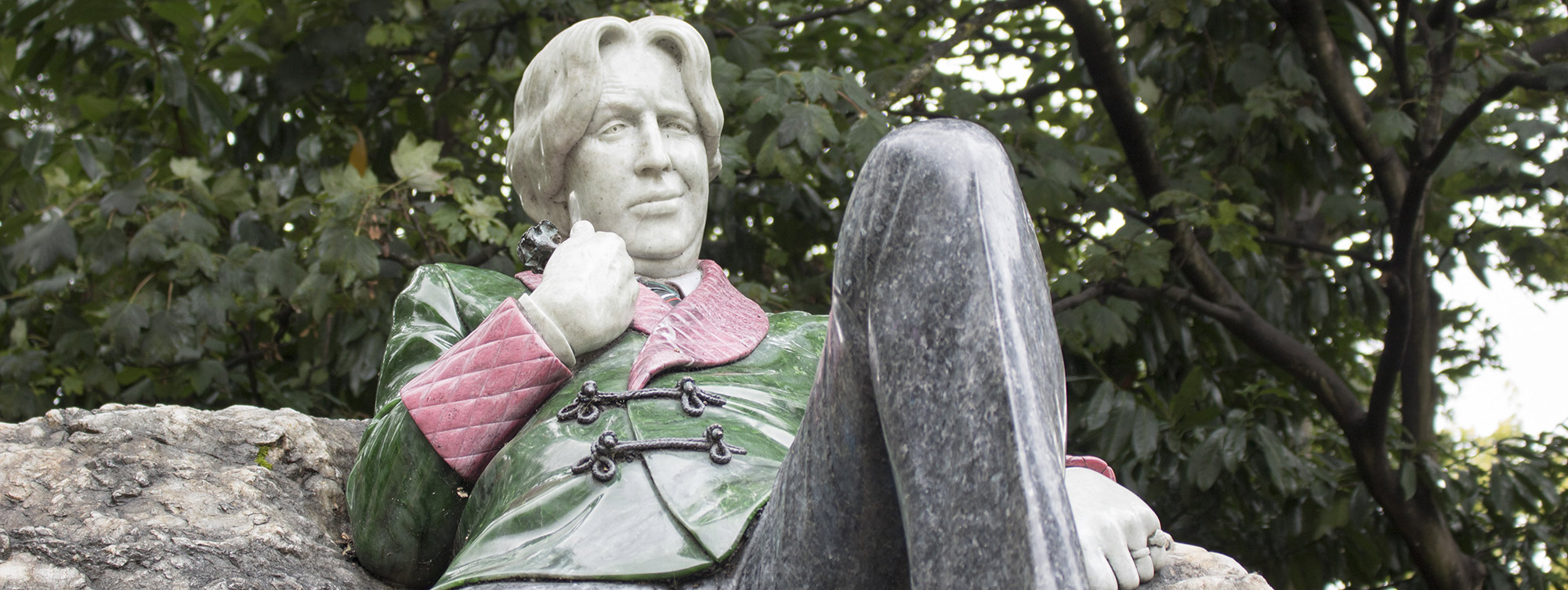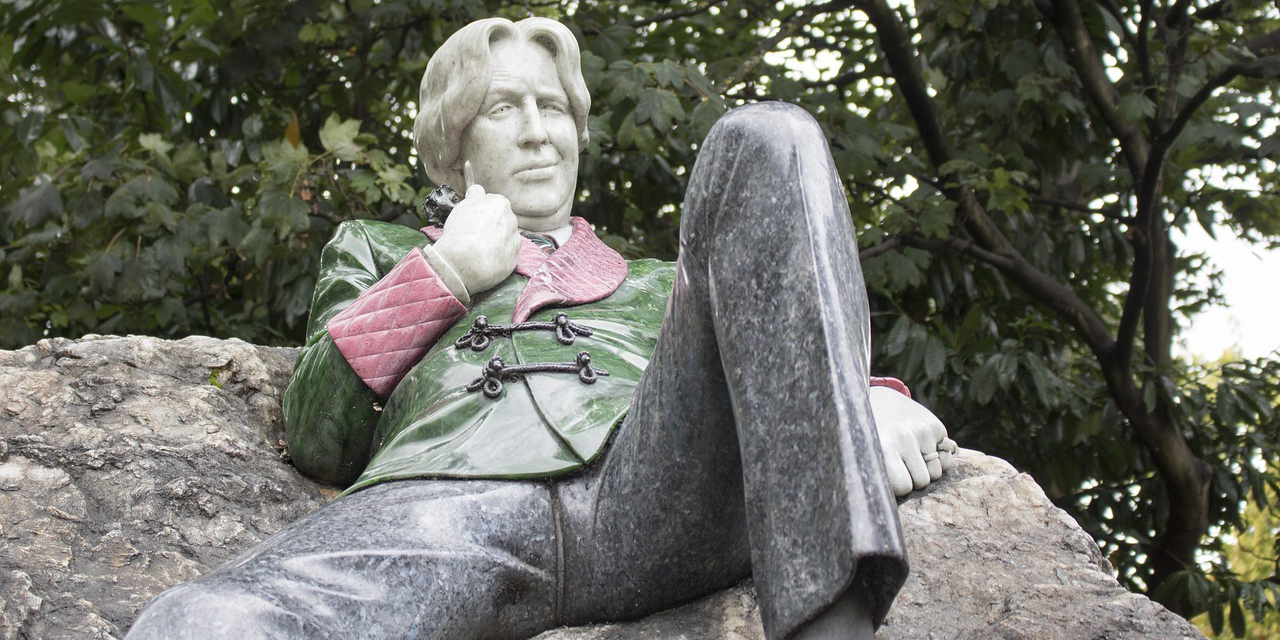Novel Behavior: Victorian Self-Promotion, Realism and the Form of Nineteenth-Century Fiction
Rosetta Young
English
UC Berkeley
Through an interdisciplinary archive of manners literature, social theory of the interaction, and novel theory, “Novel Behavior” argues that the techniques of the realist novel mimic strategies of self-promotion being newly employed and developed by the Victorian middle-class, and that were often used by their authors in forwarding their own careers. I argue that while etiquette manuals appear to outline appropriate and inappropriate behavior, they actually end up, implicitly, affirming strategies of self-promotion as socially acceptable; in other words, these manuals often rhetorically demonstrate how to use these strategies while supposedly condemning them. With chapters on Jane Austen, Charles Dickens, George Eliot, Henry James, and Oscar Wilde, I find specific self-promotional strategies in the iconic techniques of each author: Austen’s ironic, omniscient voice employs “detraction,” warned against by conduct books; Dickens’s vibrant method of characterization employs the characteristic “meanness” denounced by the etiquette manuals of the 1830s; Eliot’s descriptions of life and society borrow a strategy of self-promotion—pedantry—seen as particularly repugnant in women; Henry James cultivates “de trop” free indirect discourse; and Oscar Wilde’s use of the realist detail “provokes” the reader for the sake of seeing a reaction.


